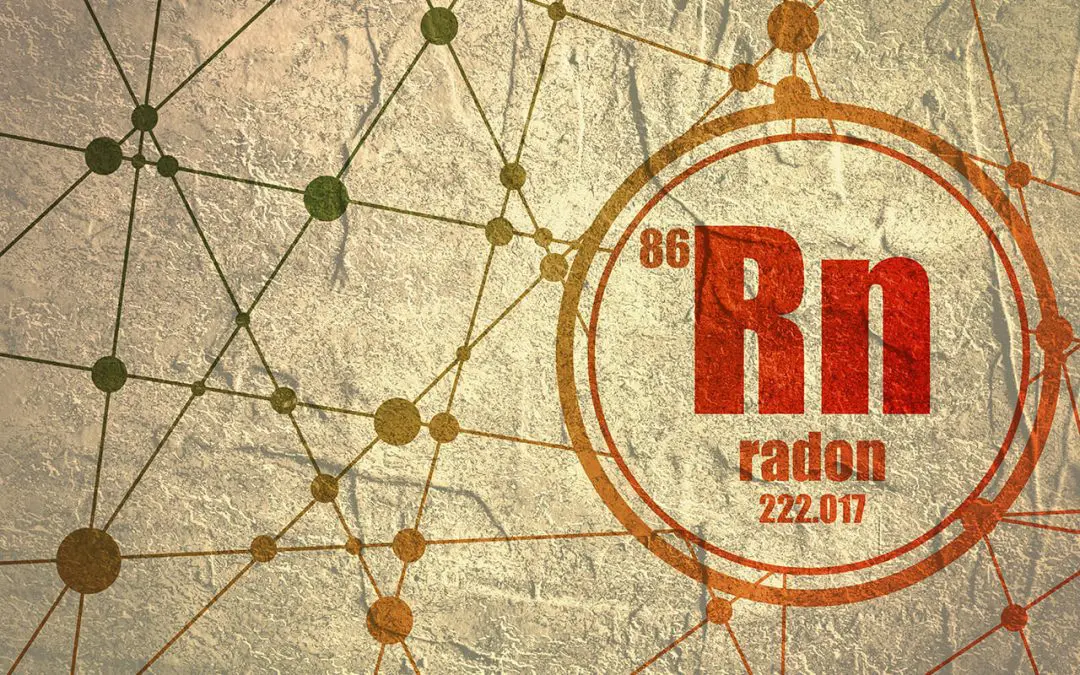Every homeowner wants a safe and healthy home for their family. Radon gas is present at unsafe levels in many homes across the United States. It is colorless and odorless, and impossible to detect without a test. Radon is a leading cause of lung cancer; prolonged exposure increases your risk. Have a professional conduct a test. If high levels are detected, here are a few ways to reduce radon in your home.
Seal Cracks in the Foundation to Reduce Radon in Your Home
Because radon is a gas, it needs very little space to seep into a basement. Cracks and gaps around doors, windows, and in the foundation provide a way for radon to enter your home. Sealing cracks will help alleviate problems temporarily; however, houses naturally shift over time. The EPA suggests sealing holes and cracks and adding a professional remediation system.
Invest in a System
Investing in a professional radon reduction system is the best path forward when high levels are detected. A professional will evaluate your home to determine the best way to reduce radon. Most remediation systems use negative pressure or suction to move radon from the lower floor to the outside of the house.
Professional remediation systems also typically use fans, and they require very little maintenance. Systems with passive suction lower radon levels by 30-70%, so they work best in homes with only slightly elevated levels. For higher levels, active suction is necessary to reduce radon gas by 50-100%. Systems are available for all types of construction, including slab-on-grade and homes with basements.
Be Careful When Remodeling
Anything that impacts the foundation of your home or the basement could increase radon levels. Because of this, it’s important to test before and after remodeling. After completing renovations, have a radon professional visit to perform a new radon test to confirm radon levels have not increased since construction.
Reduce Radon in Your Home: Open the Windows
When you find high levels of radon in your home, take action as you wait for a professional remediation system to be installed and open windows throughout your home. Good ventilation will circulate radon-tainted air to the outdoors and introduce fresh air from the outside into the house. Natural ventilation is not adequate as a permanent solution, but it will help in the short term.
Five Stars Home Inspection provides inspection services and radon testing to customers in Boston, MA, and the surrounding area. Contact us to schedule an appointment.

